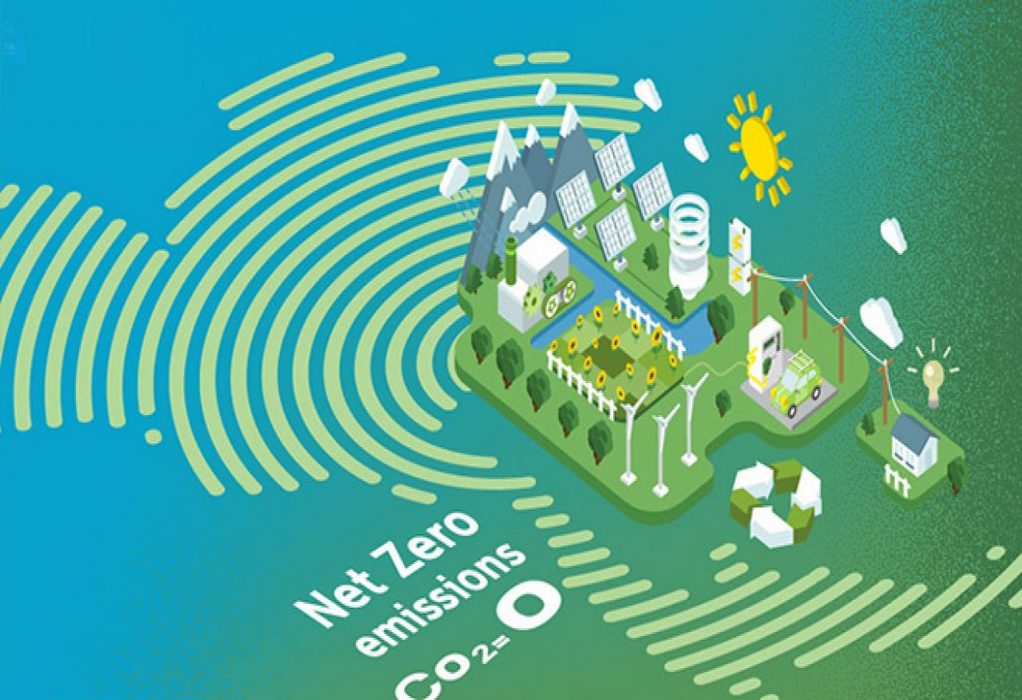Kearney announced it is the first management consulting firm to have its near- and long-term emissions targets approved by the Science Based Targets initiative (SBTi).
A collaboration between the UN Compact, WWF, and other NGOs, the SBTi commits its more than 2,000 corporate signatories to set, measure, and report science-based reduction targets in line with the Paris Agreement, which aims to limit global warming to 1.5 degrees Celsius. SBTi wants companies to halve emissions before 2030 and achieve net-zero emissions before 2050.
Net-zero status entails a significant reduction in emissions as well as support for projects that actively remove carbon from the atmosphere, including forests, farms, and carbon capture and mineralization technologies.
Numerous other management consultancies have signed onto SBTi – including Bain and L.E.K. – though Kearney is apparently the first to have its targets approved by the global body. The Chicago-based firm has committed to reach net-zero greenhouse gas emissions by 2050.
As part of its commitments in line with SBTi’s 1.5-degree pathway, Kearney will reduce its scope 1 and 2 emissions by 50% by 2030 and reduce its scope 3 emissions from business travel by 30% by 2030 as well as all other scope 3 emissions by 30%.
Scope 1 refers to direct emissions from owned sources, scope 2 refers to indirect emissions from purchased electricity, and scope 3 includes other indirect emissions throughout a firm’s value chain. The greatest sustainability challenge for consulting firms tends to be the very heavy air travel of consultants.
Kearney has also committed to reaching 100% renewable energy in its offices by 2025. Ultimately, the firm has pledged to reduce absolute scope 1, 2, and 3 GHG emissions 90% and reach net-zero emissions across the value chain by 2050. The remaining 10% will be neutralized via investments in carbon removal technologies and projects.
Tags: Kearney, NGO, SBTi, UN Compact, WWF



Recent Posts
DNV Grants Approval in Principle for New Ammonia Bunkering Vessel Design
Proteus Launches Modular Hydrogen Fuel Cell System for Maritime Sector
Van Oord Unveils Boreas, World’s Largest and Most Sustainable Offshore Wind Installation Vessel
New methanol-fuelled vessel ‘Berlin Maersk’ to enter service
NMPA wins greentech global environment award
CMA CGM in negotiations with Indian shipyards for LNG-powered shipbuilding
L&T to Develop Green Hydrogen and Ammonia Projects in Kandla
Pan Ocean Orders Two Eco-Ready VLCCs from HD Hyundai Heavy Industries